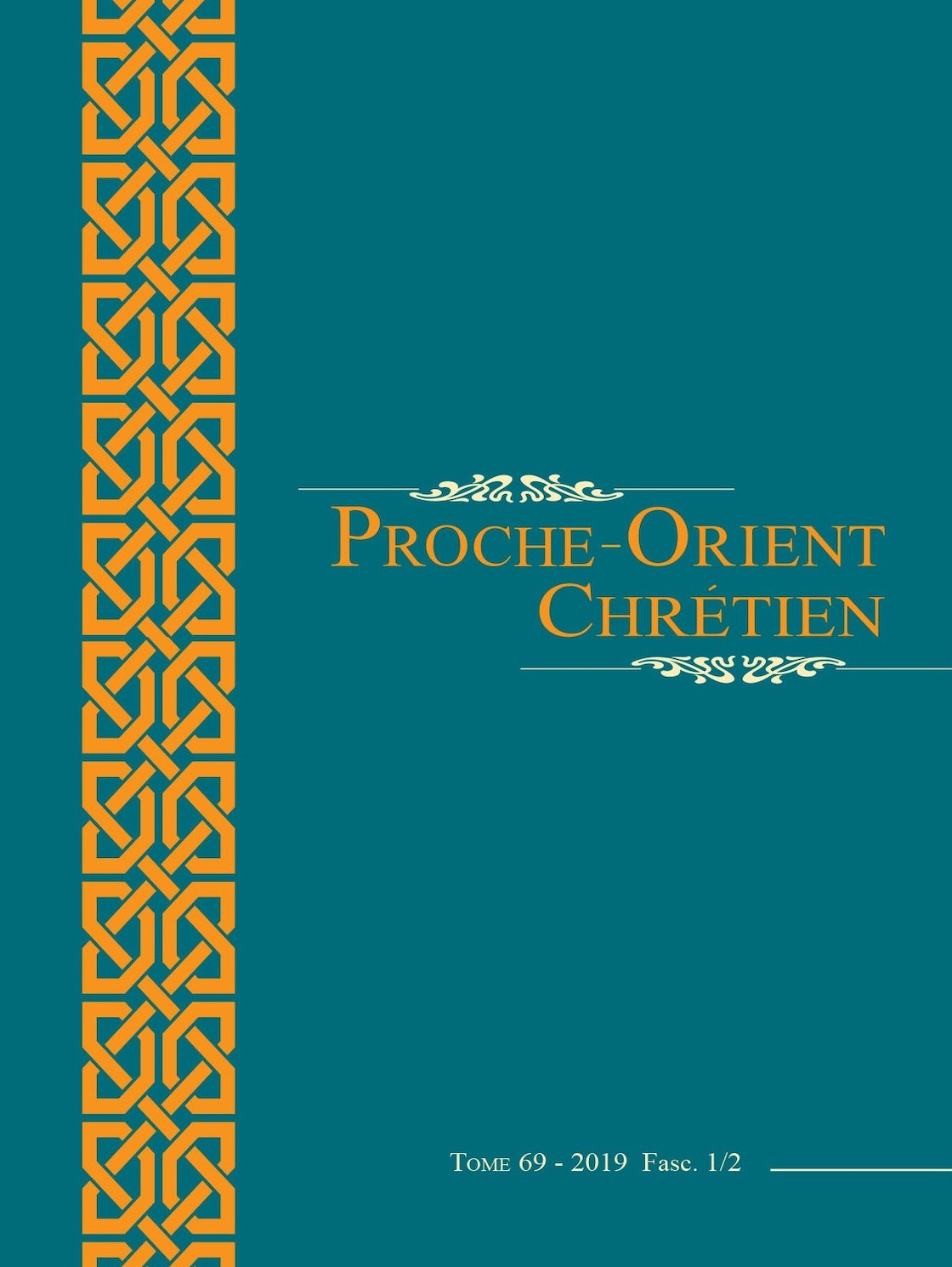Abstract
The Islam-Christian dialogue is, in the view of the author, in a period of transition, with all the possibilities and risks that are implied. The crisis is related at the same time to the complexity of the socio-political situations of the Middle East as well as to the evolution of the relations between the Christian and the Muslim religions.
The author begins by relating the two stages that marked the history of this dialogue: the aftermath of the Vatican II council with its openness on several levels and the events of 11 September 2001 with the initiatives taken mostly by certain groups of Muslims. He then draws the outlines of the new mission of dialogue in the light of the questions addressed to the Arab societies today such as social justice and universal values, political Islam and new communitarian tendencies. Finally he proposes as a solution for this crisis the "intercultural citizenship" in an inclusive public space.

